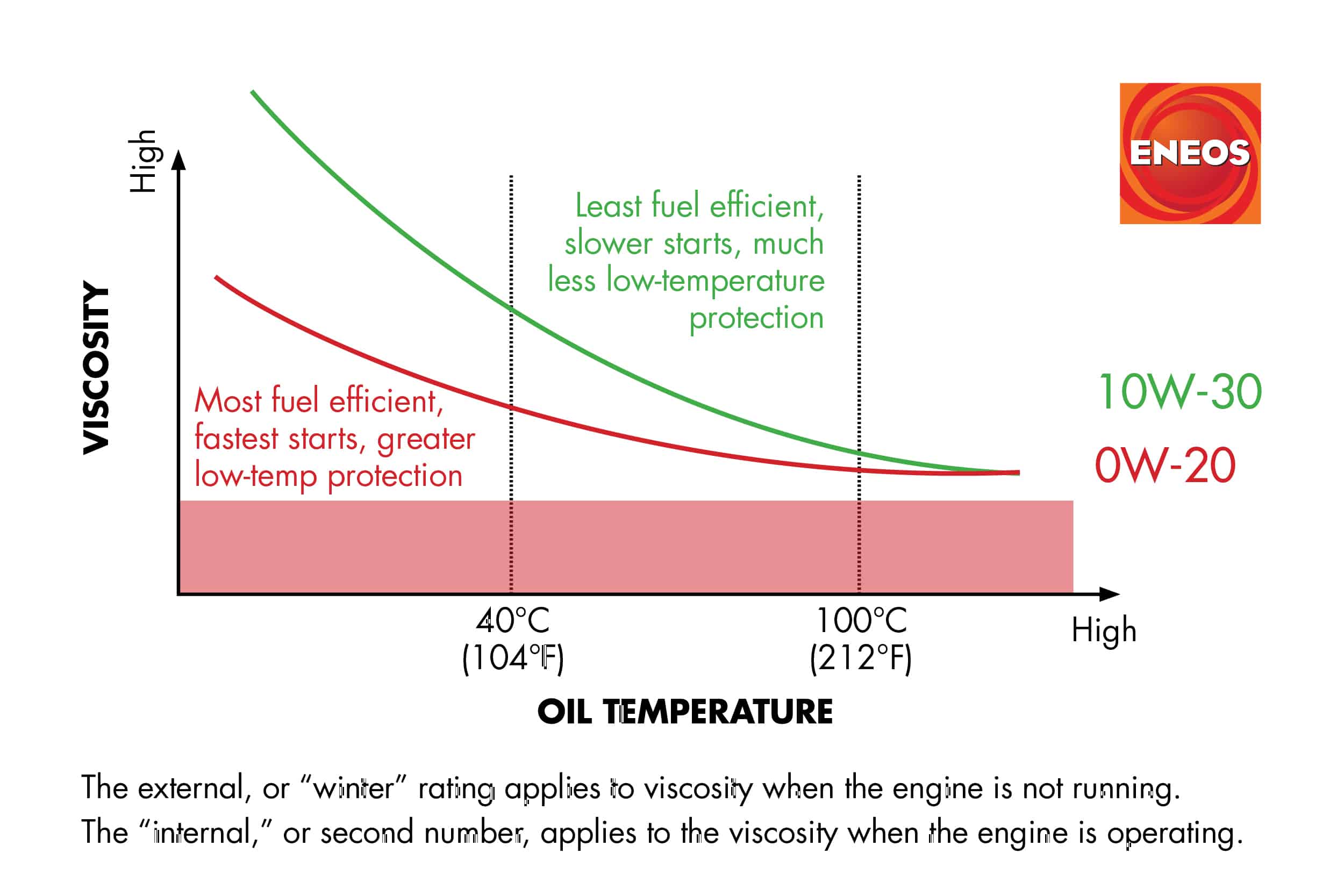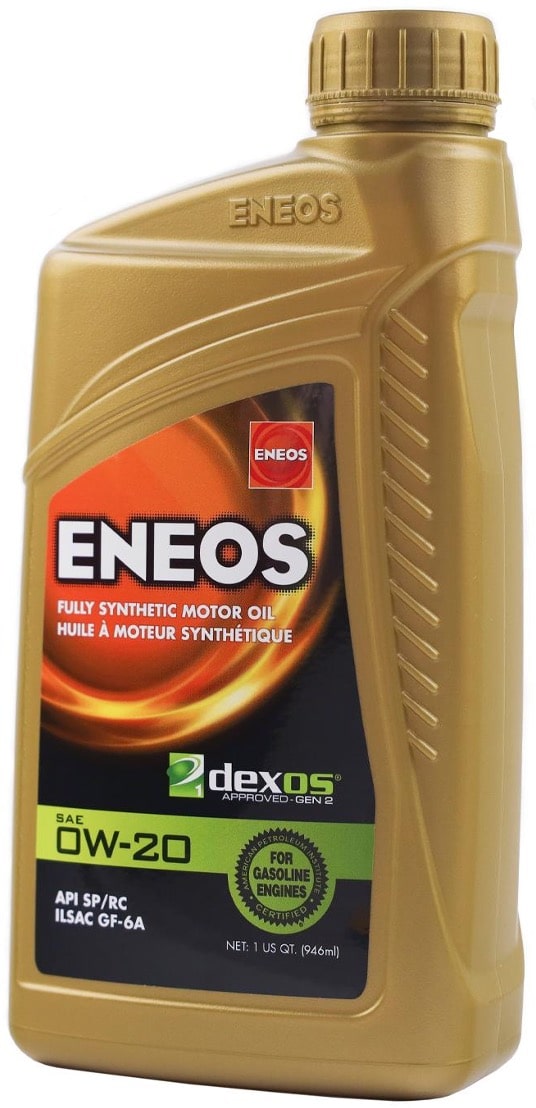
Does Warmer Weather Impact Low Viscosity Oil?
by Tim Rose
One of the questions we regularly get, both from the general public and service technicians, is regarding the use of zero weight (0W) oils in warm climates. In Hawaii, our sales team has repeatedly heard that 0W oil has no purpose for vehicles that operate in a warm climate. Hawaii enjoys beautiful, warm weather, typically in the 80s as we all know and envy. But does warmer weather impact low viscosity oil, and if so, how?
Weight ratings, revisited
In a viscosity rating, the ‘W’ stands for ‘winter,’ as in cold weather. This rating refers to external temperature, as the term ‘winter’ indicates, and initially when it was introduced, the winter weight related to operation in colder temperatures, helping ensure the immediate operating viscosity was fluid enough and didn’t need to be warmed up to flow freely and effectively lubricate the engine. Engines using 0W oils operating in colder climates definitely benefit by enjoying faster starts and better performance in colder weather.
0W-20, for example, is rated at 104°F (40°C) for external temperatures, and 212°F (100°C) for internal engine temperatures. So, the 0W rating of most oils, including ENEOS, is within operational parameters of warmer climates like Hawaii, Phoenix, and Las Vegas. Even cars in sunny spots benefit from 0W oils, which have a higher Viscosity Index (VI), providing more stability and consistency throughout all temperatures of operation, resulting in better performance, protection, and fuel economy.

Zero weight oil and hybrids
One important reason 0W oils were created was for hybrid engines. A hybrid engine operates through a constant cycle of starts and stops, depending on driving conditions, which leads to constant heating and then cooling of the engine. During these cycles, if the oil had to reach operating temperature to be at full fuel efficiency, only to cool back down when the engine cycles off, the optimum fuel-efficient viscosity could never be maintained and fuel economy would suffer. For this reason, car manufacturers needed an oil that was at optimal operating viscosity right at startup. That’s why many hybrids call for 0W oils in their specifications, although they also provide benefits for many other vehicles.
Oil viscosity is decreasing due to fuel efficiency standards and engine designs but it is also designed to protect better than ever before. In addition to 0W-20 we now offer 0W-16 and 0W-8 due to work in partnership with Japanese automakers.
I hope that this simple explanation leads to a better understanding about the changing world of oil and helps technicians and suppliers provide the ideal products for vehicles.

“Professor” Tim Rose was a Sales Rep and GM at Altrom Group for 30 years, an avid outdoorsman who just finished a hiking vacation around Spain, and most recently in his career is a respected leader with the ENEOS sales team.

